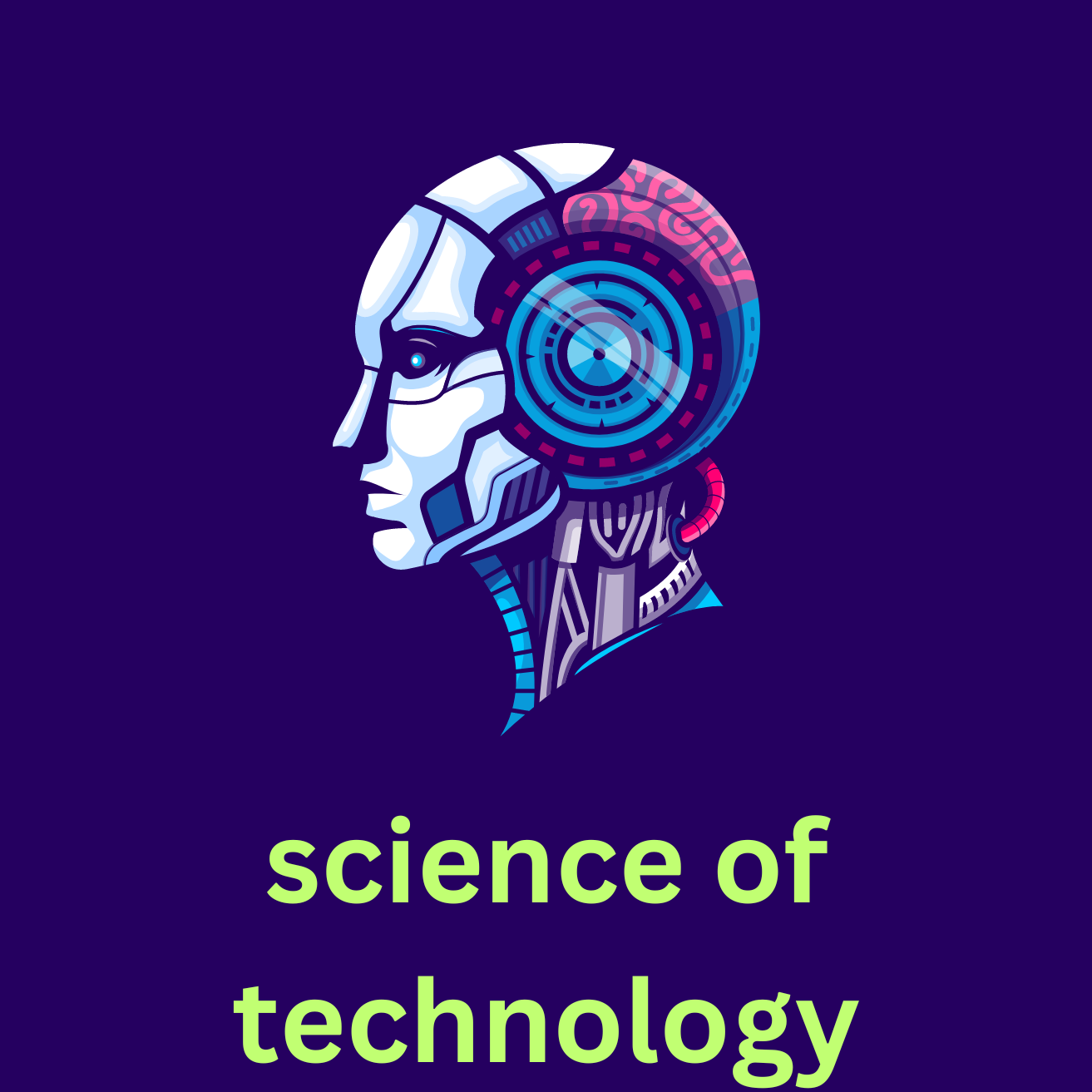The issues surrounding computer science education in universities are multi-faceted and encompass various areas. Here's a comprehensive breakdown of the key challenges and concerns related to computer science education in universities [citation:1][citation:2][citation:3][citation:4][citation:5][citation:6][citation:7][citation:8][citation:9][citation:10][citation:11]:
1. **Obstacles to Widespread Computer Science Education**:
- Despite efforts by African governments and universities to promote Computer Science Education (CSE), there remain significant challenges affecting CSE [citation:2].
- There is no one answer to why computer science education isn't more widespread, but many of the obstacles are surmountable [citation:9][citation:10].
2. **Dearth of Ethical and Safety Education**:
- Safety and ethics appear to be elective or nonexistent, rather than fundamental parts of studies, in many computing programs, leaving students ill-prepared to address the societal impact of technological innovation [citation:4].
3. **Narrow Academic Focus**:
- Shielding computer science students from the liberal arts can be detrimental as a broader, interdisciplinary education can enhance critical thinking, ethical considerations, and communication skills, all of which are vital in the tech field [citation:11].
4. **Teacher Shortage in Computer Science**:
- States are calling for more computer science classes; however, teacher shortages are a significant barrier to ensuring all students have access to the knowledge they need for college and careers [citation:5].
5. **Algebra II vs. Data Science**:
- California has led a contentious experiment in high school math, debating whether data science can replace Algebra II. This reflects the ongoing evolution of computer science education and its intersection with other disciplines [citation:8].
6. **Industry Influence in Computer Science Education**:
- IBM fostered a highly consequential field to find new utility for its machines and to train the next generations of technical talent, contributing to the evolution of computer science education [citation:9].
7. **Educational Competitions and Experiences**:
- Institutions like CSB and SJU have extra-curricular experiences where students can match wits with some of the best college minds, fostering skill development in computer science beyond traditional coursework [citation:7].
8. **Skills of Computer Science Graduates**:
- Computer science majors are strong logical thinkers and problem solvers who use computers and computational processes to build websites and solve complex problems, highlighting the core skillset developed through these programs [citation:6].
In conclusion, the challenges and developments in computer science education in universities are varied and complex, with implications for both students and society at large. Addressing these issues requires a multi-pronged approach focusing on curriculum development, teacher training, interdisciplinary education, and industry-education partnerships to equip students with the skills and knowledge necessary for success in the rapidly evolving field of computer science.

Post a Comment
0Comments